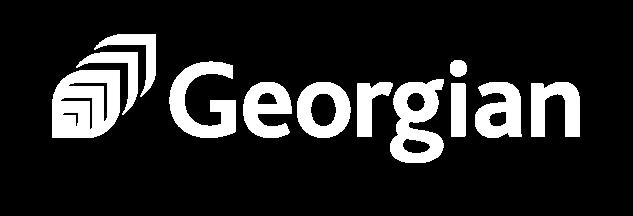
3 minute read
Preventing Burnout
Preventing Burnout: Early Action Is Key
CANADIAN MENTAL HEALTH ASSOCIATION
Advertisement
Many of us wear our busy schedules and tight deadlines like badges of honour. We rise to the occasion over and over again, taking pride in our ability to keep up with the strong current of work that comes our way. But while our focus is on getting through each day, an undertow of feeling overwhelmed, inadequate or unappreciated sometimes builds momentum. This undertow, if not addressed, can sweep us off our feet.
What is burnout? Burnout isn’t just about being busy or having a heavy workload. Our perception of our work, our workplace and ourselves all play a big role. Some contributors to burnout include feeling unsupported at work—that demands are unreasonable, expectations are unclear or that nothing will ever change for the better.
Although “burnout” is not classified as a medical condition, it is a term for an occupational phenomenon that is familiar to many. There are numerous signs of burnout, including fatigue, apathy and less motivation, decreased employee morale and increased turnover (one person’s experience of burnout can affect the entire team), errors and accidents, physical health issues, and “presenteeism”—where an employee still comes to work, and may even be at work for longer hours, but their tasks are not getting done or aren’t completed to typical standard. In a dealership setting, poor customer service (demonstrated through customer complaints, a lack of repeat business and so on) might be one of the biggest indicators of a struggling employee.
How can burnout be prevented? For employers and managers, it is important to regularly take the pulse of your team. This can be done through informal check-ins, formal meetings and by using tools such as the Guarding Minds at Work survey (guardingmindsatwork.ca) on an annual basis. Know that issues which may seem like performance problems could actually be related to burnout or other mental health issues, so approach conversations from a place of respect and care. Don’t wait for yearly performance evaluations to bring up your concerns. When trying to help someone get back on track, timely feedback and intervention are key. If you’d like to learn more about responding at work, many branches of the Canadian Mental Health Association (cmha.bc.ca) offer a range of workplace training options.
As an employee, you might be the first to notice that a colleague is not his or her usual self. You don’t have to be a human resources professional to ask how someone is doing. You can open the door to talk about your colleague’s experiences and then encourage them to get support from the appropriate person at work and your employee assistance plan, or free community resources such as BounceBack BC (bouncebackbc.ca).
Lastly, as you read this, you might be noticing some of the symptoms of burnout in yourself. It is important not to ignore how you’re feeling, especially if you’ve felt this way for a while. Take a moment to reflect on the reason you were drawn to your work or your employer, as well as the other aspects of your life that motivate
you. If this is difficult, set an intention now to access a service that can help you, even if you just need someone neutral to talk to. In addition to the resources already mentioned, your family doctor/general practitioner, HealthLink BC (8-1-1) and the 310-Mental Health Line (310-6789) may also provide support.
Thanks to the Canadian Mental Health Association, Kelowna and District Branch, for providing this article. CMHA Kelowna is a charity that promotes the mental health of all through community-based programs and services, public education, advocacy and research. CMHA Kelowna offers workplace wellness strategies through Thoughtfull (thoughtfull.cmhakelowna.com), a social enterprise providing expertise in psychological health and safety training and advising.
About the Canadian Mental Health Association (CMHA) CMHA is Canada’s most established mental health charity and the nation-wide leader and champion for mental health. CMHA helps people access the resources they need to maintain and improve mental health, build resilience, and support recovery from mental illness. Each year in BC alone, CMHA serves more than 100,000 people all across the province.










